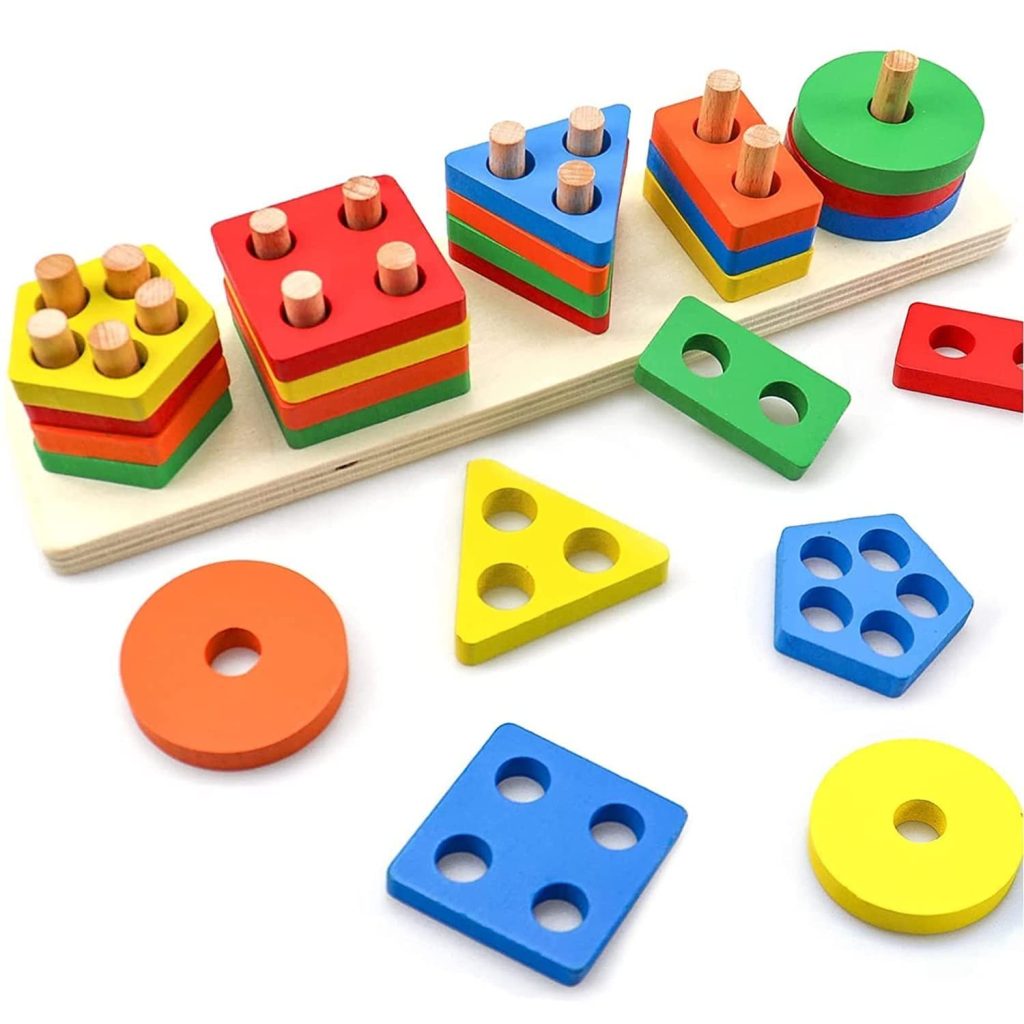In the bustling landscape of modern toys, where flashy lights and electronic sounds seem to dominate, there exists a timeless charm in Montessori wooden toys that continues to captivate both children and parents alike. These simple yet profound playthings are not just objects of amusement; they are windows into a world of learning, creativity, and connection with nature. Montessori toys trace their origins back to the educational philosophy of Maria Montessori, who believed that children learn best through hands-on experiences and self-directed play. This philosophy is beautifully reflected in the design and purpose of Montessori wooden toys, which are carefully crafted to stimulate a child’s senses, encourage exploration, and foster independent thinking. One of the defining characteristics of Montessori wooden toys is their emphasis on natural materials. Unlike their plastic counterparts, these toys are often made from sustainably sourced wood, painted with non-toxic colors, and finished with smooth edges that are safe for little hands to touch.

This commitment to natural materials not only ensures the safety of children but also allows them to connect with the tactile beauty of the natural world. The simplicity of Montessori wooden toys is another aspect that sets them apart. Rather than overwhelming children with flashy features and complex mechanics, these toys focus on essential concepts such as shapes, colors, and textures. Take, for example, the classic wooden puzzle—a staple in Montessori classrooms and homes worldwide. Through the simple act of matching shapes to corresponding cutouts, children develop spatial awareness, hand-eye coordination, and problem-solving skills—all while experiencing a sense of accomplishment and mastery. Moreover, montessori learning toys are designed to grow with the child, adapting to their evolving interests and abilities. A set of stacking blocks, for instance, may initially be used for basic building and stacking but can later become tools for exploring concepts like balance, symmetry, and spatial relationships. This versatility not only extends the lifespan of the toy but also encourages continuous learning and engagement.
Beyond their educational value, Montessori wooden toys play a significant role in fostering meaningful connections between children and caregivers. Unlike screen-based toys that often isolate children in solitary play, wooden toys invite collaboration, communication, and shared experiences. Whether it is a parent guiding a child through a new puzzle or siblings working together to build a wooden train track, these toys facilitate moments of bonding and mutual discovery. In a world where technology pervades every aspect of daily life, Montessori wooden toys offer a refreshing alternative—a reminder of the timeless joys of simple play, imagination, and exploration. They embody a philosophy that values the journey of learning over the destination, encouraging children to explore, experiment, and create in ways that nourish their minds and spirits. As we embrace the future, let us not forget the roots of tradition that continue to inspire and enrich the lives of modern children.
